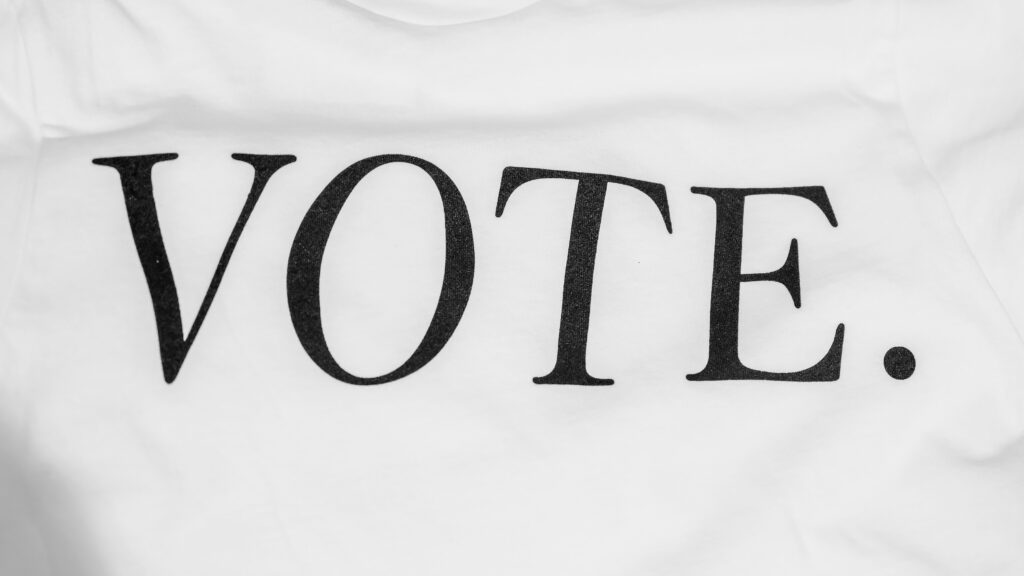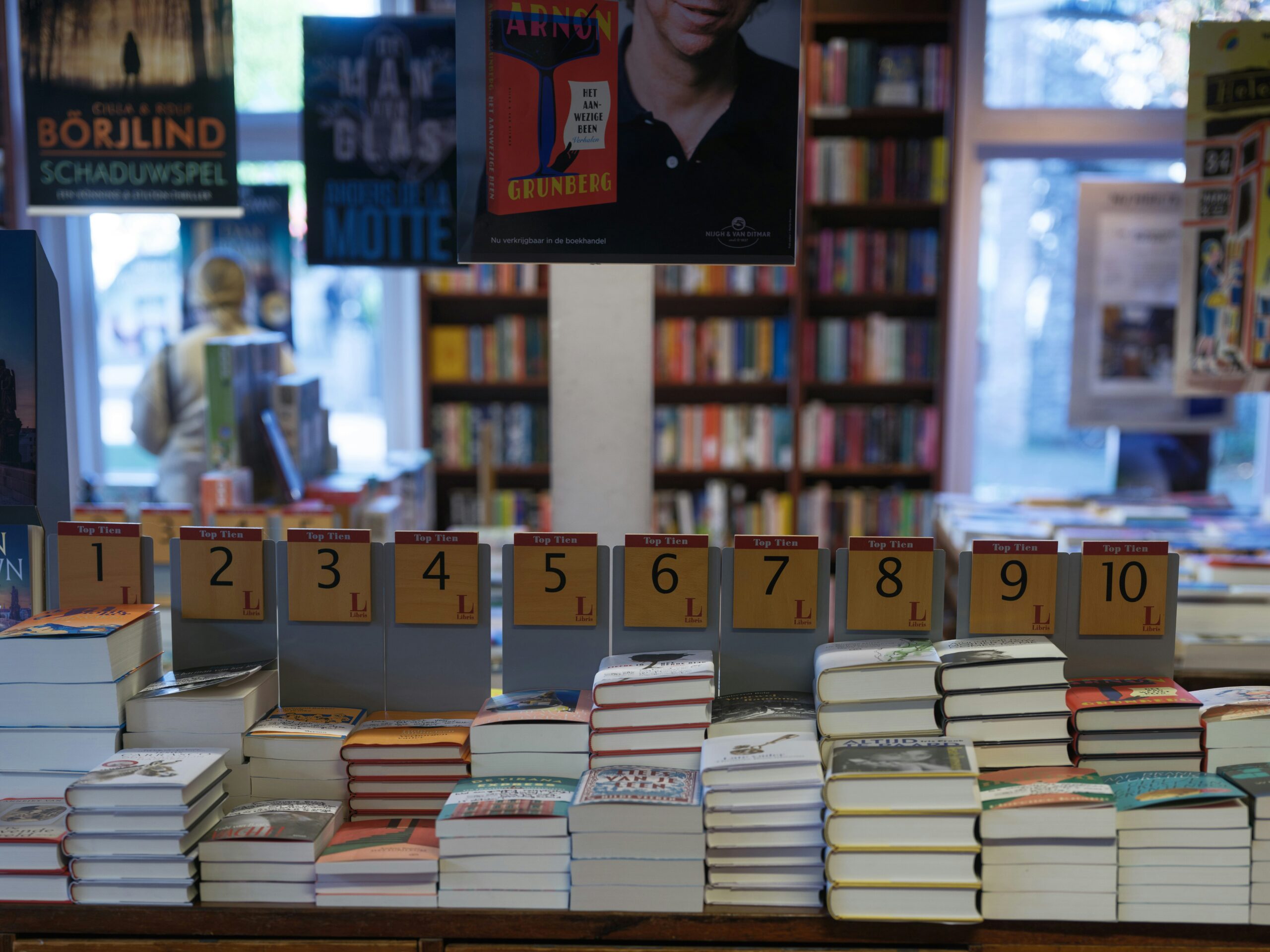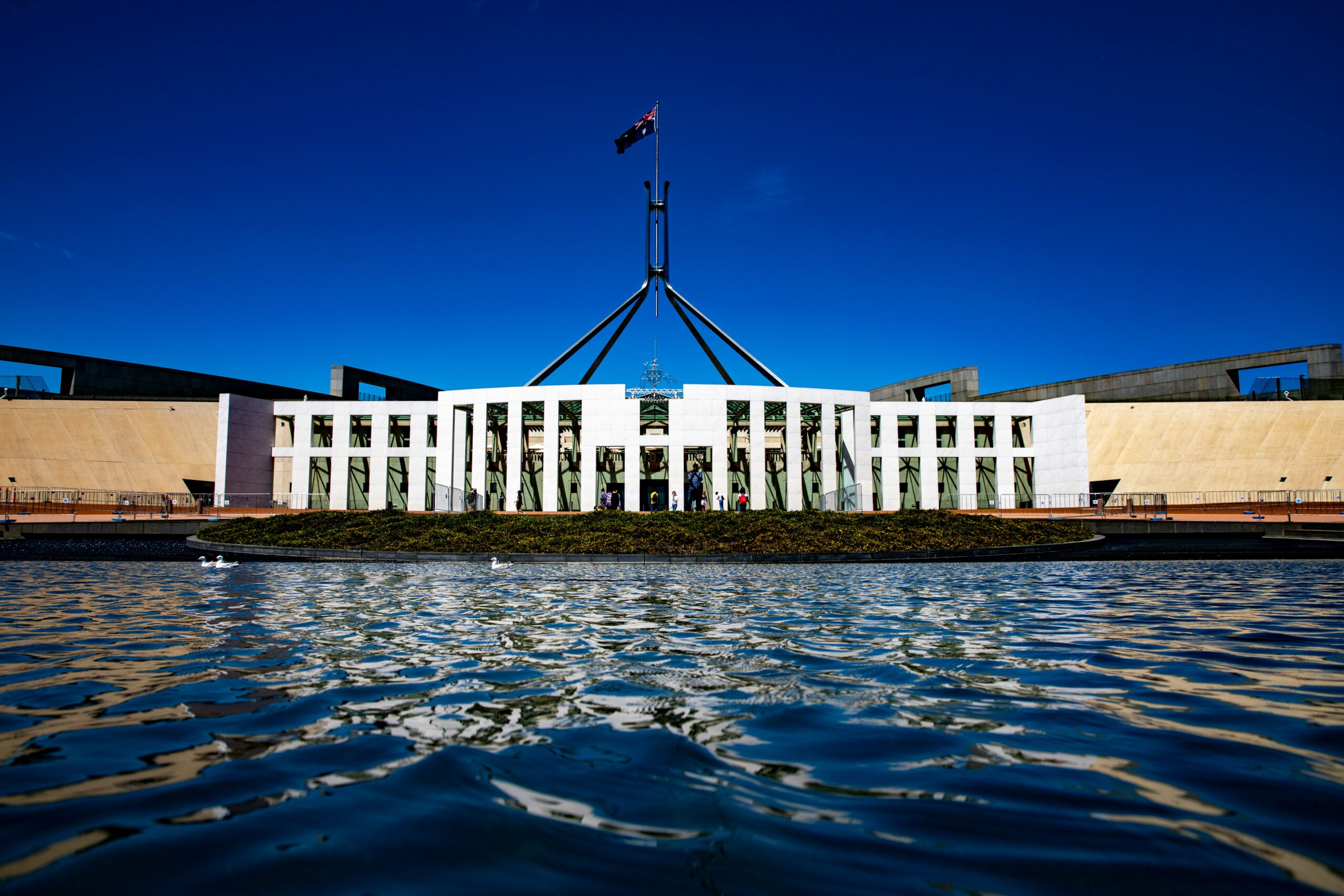
Fairness, equity, safety and belonging: Priorities for the 2025 election
Imagine if we lived in a country where everyone has a safe and secure place to call home. A country where everyone has access to free healthcare and education that meets their needs, where and when they needed it. A country where people aren’t discriminated against because of their age, gender or cultural background. A country where everyone has enough resources to survive and thrive. A country where nature is protected above the profits of corporations.
In the lead up to the election, community organisations are outlining a range of common-sense measures that would make Australia fairer, more just and healthier.
Many organisations have shared these in priority documents that are based on the lived experience of people from across our country, the views of the community and the best available evidence on the actions that can help us to achieve these aims.
In this article, we’re sharing some of the priorities of community organisations that are advocating for change leading up to the 2025 federal election.
The Australian Council of Social Services (ACOSS) is a national advocate supporting people affected by poverty, disadvantage and inequality, and the peak council for community services nationally.
ACOSS has outlined its policy priorities for political parties as being:
- First Nations justice and self-determination,
- building a social security system that meets needs,
- making housing affordable for people on low incomes,
- improving employment opportunities for all, with no one left behind,
- investing in quality community services to help people in need,
- fair, fast and inclusive action on climate change, and
- a fairer tax system that supports services, safety nets and economic development.
The Consumer Health Forum or CHF is the national peak body representing health consumers.
CHF has outlined their election priorities as being to:
- Institute a range of measures to reduce out of-pocket costs to see general practitioners and specialists,
- Ensure automatic application of Pharmaceutical Benefits Scheme (PBS) Safety Net pricing,
- Make allied health care more affordable,
- Implement the next 10-year National Oral Health Plan, towards a universal dental and oral scheme,
- Support longer and more flexible specialist referrals,
- Increase timely access to Primary Health Care,
- Invest in the critical role of consumer health peak bodies,
- Prioritise preventative health, and
- Support consumers to better understand and navigate the health system.
Equality Australia is a national organisation dedicated to equality for LGBTIQ+ people.
Equality Australia outlined their top five priorities for the upcoming election as being:
- End conversion practices,
- Improve protections from discrimination,
- End unnecessary, non-consensual medical treatments on intersex people,
- Remove barriers to parenthood and support rainbow families, and
- Deliver improved LGBTIQ+ mental health and suicide prevention.
SNAICC – National Voice for Our Children is the national peak body Aboriginal community-controlled organisation that works to improve outcomes and opportunities for Aboriginal and Torres Strait Islander children and strengthen the capacities of families across Australia.
SNAICC has asked major parties to demonstrate their commitment to:
- Investing in prevention and early support services for families through a new national program for ACCO-led integrated family support services
- Legislating to give authority to a National Commissioner (Advocate) for Aboriginal and Torres Strait Islander Children
- Reforming the federal child care funding model to increase access for Aboriginal and Torres Strait Islander children to culturally appropriate education and care
- Establishing Aboriginal and Torres Strait Islander early childhood intermediaries in every state and territory in partnership with SNAICC to build the community-controlled early years sector.
- Planning and investment to build the Aboriginal and Torres Strait Islander workforce for child and family service delivery across the country
- Long-term core funding to SNAICC to give future certainty as the national peak for Aboriginal and Torres Strait Islander children, and to engage in shared decision-making with governments under the National Agreement on Closing the Gap.
People With Disabilities Australia (PWDA) is the peak disability rights and advocacy organisation.
PWDA have outlined seven priorities for political parties in this election:
- Invest in the NDIS,
- Fund Nationally Consistent Foundational Supports,
- Raise the Rate,
- Make Housing Accessible,
- Ensure Disability Representation in Government,
- Protect Our Human Rights, and
- Support Diversity in the Public Sector.
The Working with Women Alliance (WWWA) represents National Women’s Safety (NWS) and National Women’s Equality (NWE). The WWWA connects the critical areas of gender-based violence prevention and the advancement of women’s economic equality and leadership, bridging these important policy fields for greater impact.
The WWWA outlines nine priorities for political parties in the lead up to the election:
- Uphold and build on the reforms of the last three years that protect women and promote their economic participation
- Housing and homelessness support for women and gender-diverse people
- Economic security and fair wages for women
- Access to affordable reproductive healthcare
- Build and retain a sustainable workforce for domestic and family violence support services
- Reform the Australian child support System
- Targeted funding for sexual violence specialist services
- Evidence-based payments for leaving violence urgently needed
- Gender-affirming healthcare and LGBTIQA+ rights
There are many more organisations who’ve prepared election platform and priority documents. We’ve included links to these below.
- Australian Conservation Foundation
- Australian Council for International Development
- Homelessness Australia
- Human Rights Law Centre
- Mental Health Australia
- Movember
- National Disability Services
- Palliative Care Australia
- Public Health Association of Australia
- Uniting Care Australia
- Volunteering Australia
- Women With Disabilities Australia
- Youth Mental Health
Got an election platform that we’ve missed? Reach out to us admin@forpurpose.com.au and we will add it to the list.




